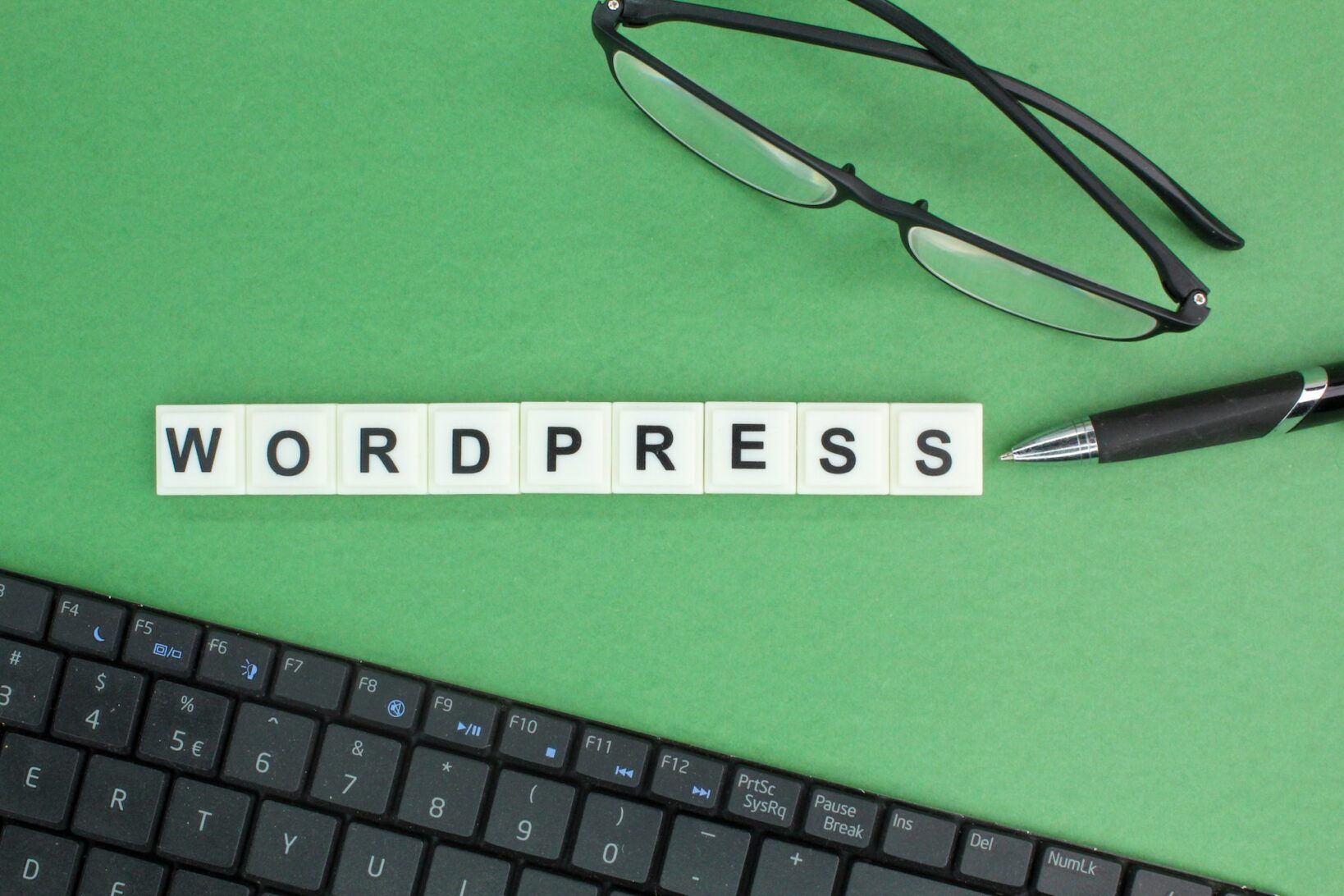What is a CDN?
A Content Delivery Network (CDN) is a system of distributed servers that deliver webpages and other Web content to users based on their geographic locations. The goal of a CDN is to improve the performance of a website by reducing the latency and increasing the speed of delivery.A typical CDN includes a network of edge servers that are located across multiple geographical regions. When a user requests content from a website that is powered by a CDN, the CDN will route the request to the edge server that is closest to the user’s location. This reduces latency because the content does not have to travel as far to reach the user.
CDNs can also improve the performance of a website by caching static content, such as images and CSS files.
Why use a CDN?
As the internet becomes more and more congested, content delivery networks (CDNs) are becoming an increasingly popular way to ensure that your website loads quickly for visitors. Here are some of the reasons why you should consider using a CDN:1. CDNs can help to improve website speed and performance.
2. CDNs can help to improve website security by providing DDoS protection and other security features.
3. CDNs can help to improve website uptime by providing redundancy in the event of an outage.
4. CDNs can help to lower bandwidth costs by caching static content on their servers.
Overall, CDNs can provide a number of benefits for websites, both in terms of speed and security. If you’re looking for ways to improve your website’s performance, a CDN is definitely worth considering.
How does a CDN work?
When you use a CDN, your content is stored on a network of servers around the world. When a user visits your website, the content is delivered to them from the server that is closest to their location. This can help to reduce the amount of time that it takes for your content to load, as there is no need for the data to travel as far.
Is a CDN the same as a web host?
While a CDN does host material it cannot replace the requirement for proper web hosting. A CDN can aid in the caching of content at the network edge, improving website performance. Many websites find that traditional hosting services are insufficient to meet performance requirements, which is why they use a CDN.CDNs are a popular solution for relieving some of the primary pain points associated with traditional web hosting by leveraging caching to maximise hosting capacity, prevent service outages, and improve security.
What are the benefits of using a CDN?
Although the advantages of using a CDN vary based on the size and needs of a website or application, the main advantages for most users may be divided into two categories:-Improved performance: CDNs can improve the speed and reliability of your website or app by caching content at locations closer to users. This can be especially beneficial for users who are located far from your servers.
-Increased security: CDNs can help protect your website or app from attacks by distributing traffic across multiple servers. This makes it more difficult for attackers to target a single server.
What are the drawbacks of using a CDN?
One drawback of using a CDN is that it can be expensive. CDNs typically charge based on the amount of data transferred or the number of requests made to the CDN. This can add up quickly, especially for sites that receive a lot of traffic.Another drawback of using a CDN is that it can be complex to set up and manage. CDNs often require custom configurations and may need to be frequently updated to keep up with changes on the site. This can be time-consuming and difficult for busy site owners.








